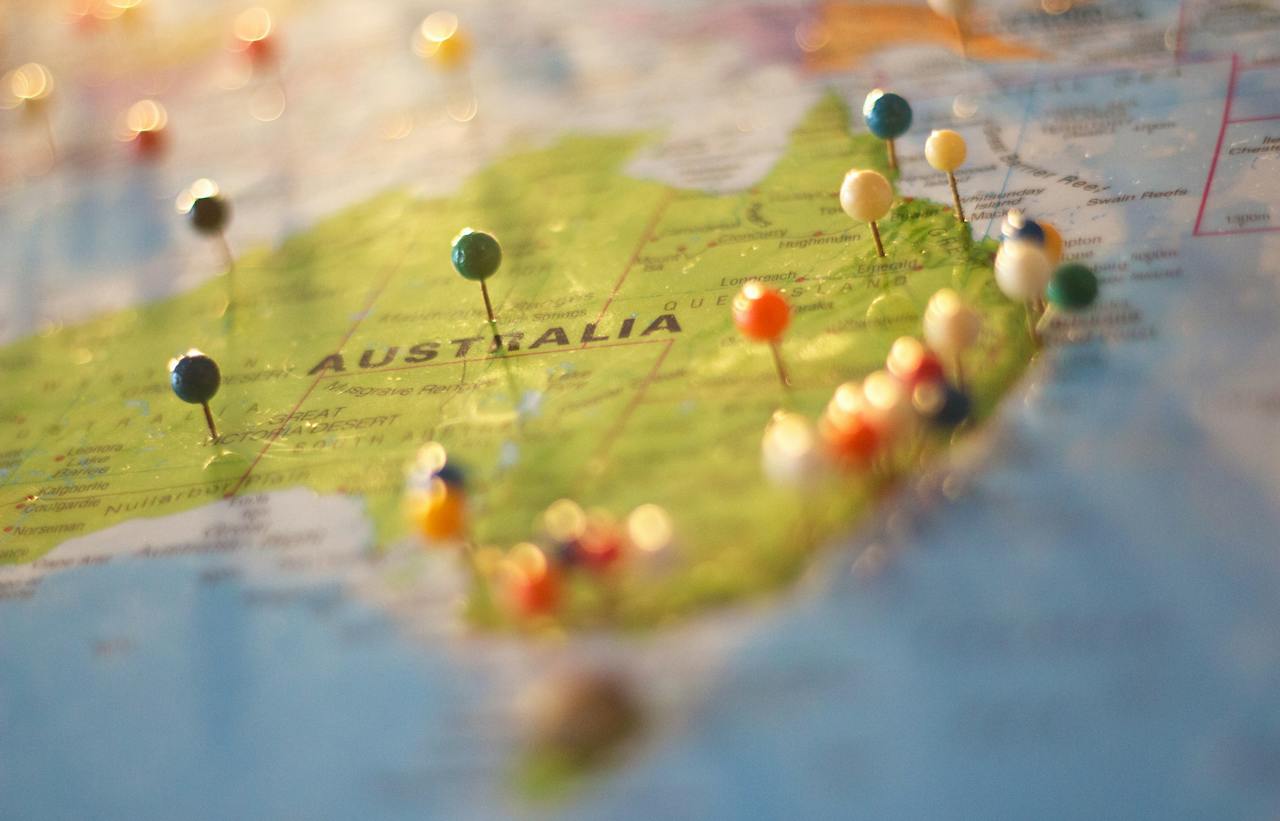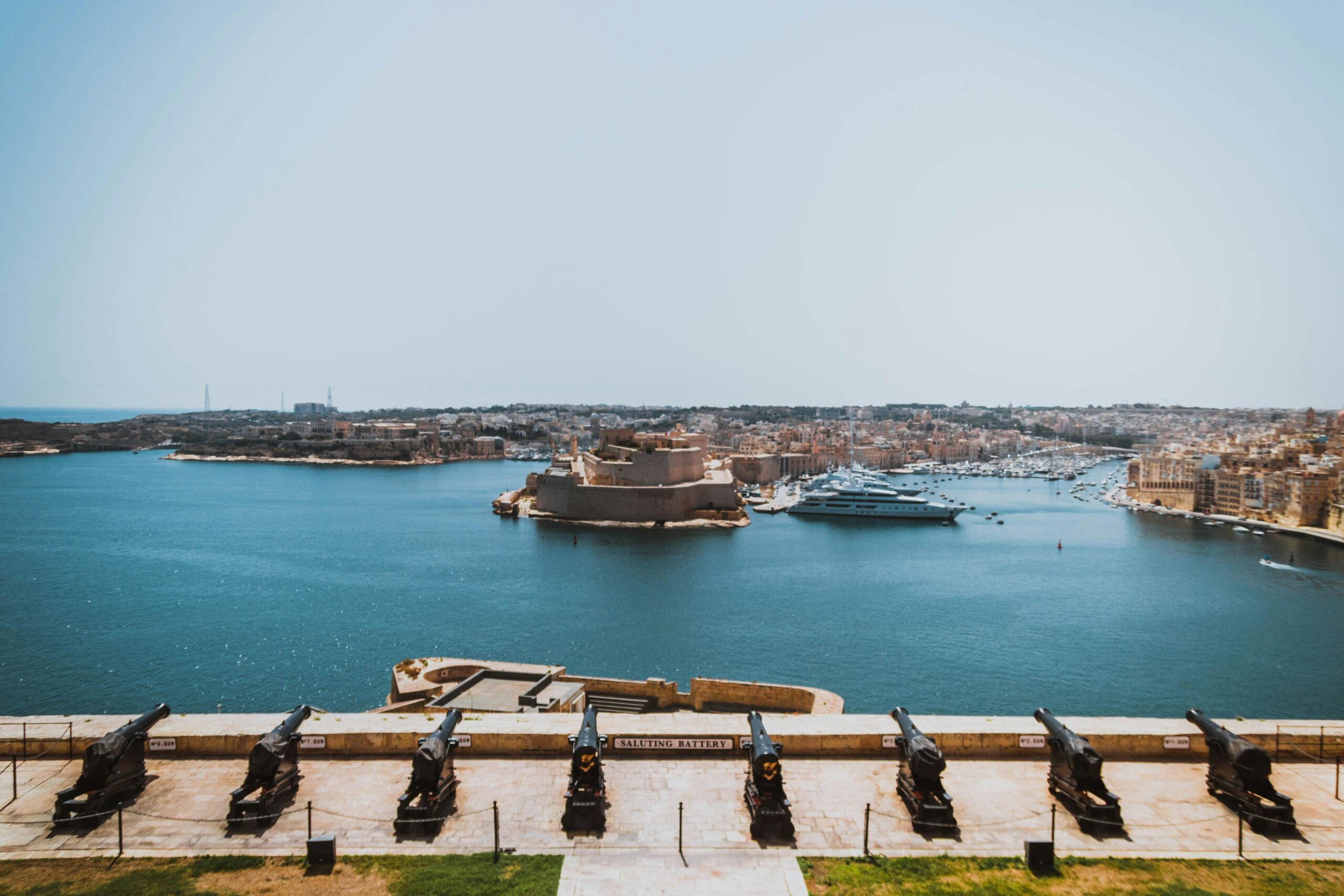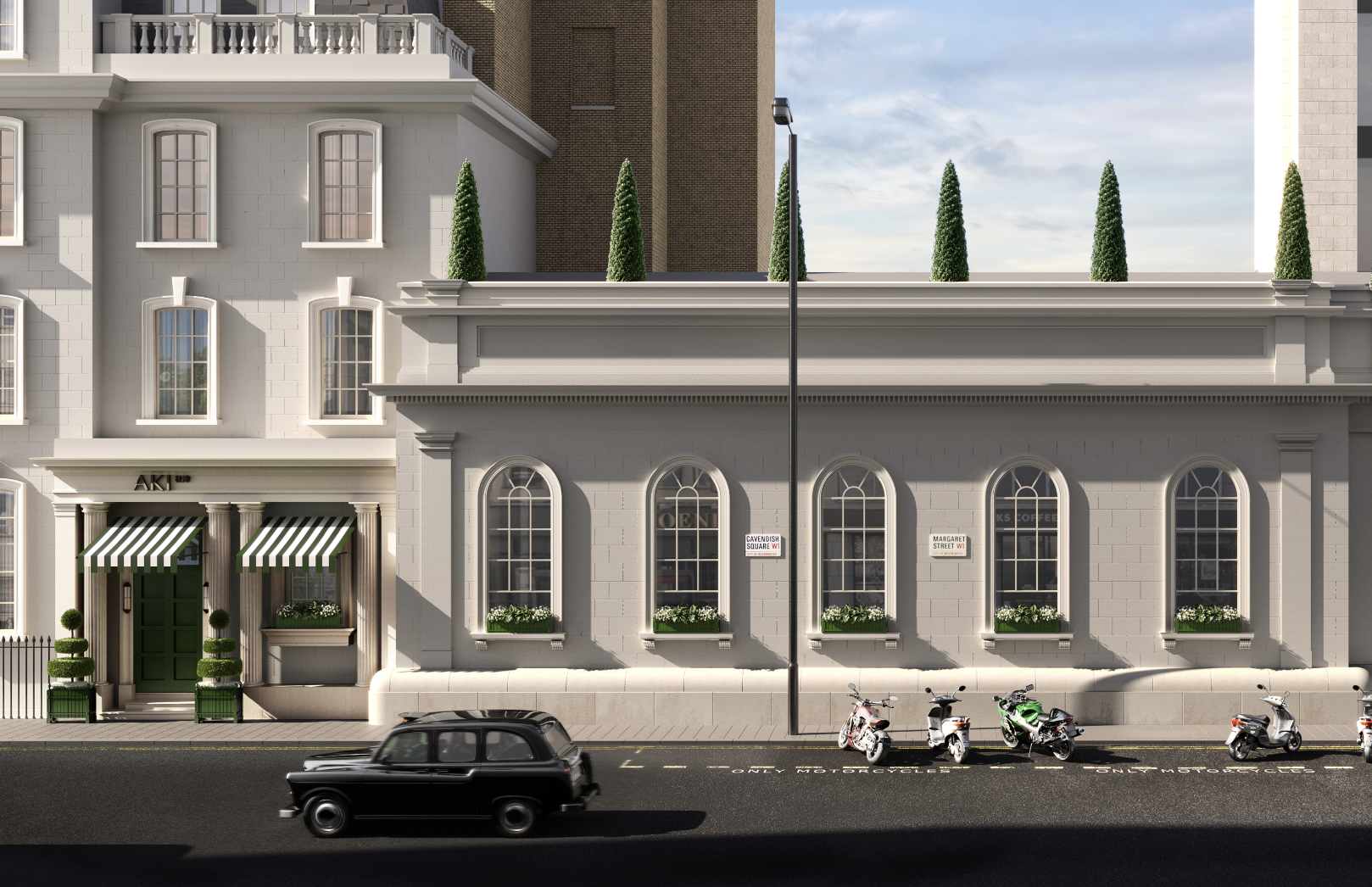Australia has cut its so-called “golden visa” programme, aimed at attracting wealthy overseas investors by granting them the right to live in the country.
The programme was cut as part of an immigration overhaul, after the government found it was “delivering poor economic outcomes”.
The residency scheme for wealthy individuals was subject to heavy criticism, not unlike Malta’s citizenship-by-investment programme, with critics in Australia arguing that it was used by some officials to “park illicit funds”.
According to the Australian government, it will be replaced with more skilled-worker visas.
The Australian golden visa programme, where significant investor visas (SIVs) gave wealthy investors the right to live in the country, were reportedly granted to a majority of Chinese nationals, representing some 85 per cent of SIVs issued since 2012.
Like Malta’s citizenship-by-investment programme, it was marketed as a way to attract foreign investment and drive innovation. The Australian programme required candidates to invest over A$5m (£2.6m;$3.3m) in Australia to be eligible.
After several reviews, the government is said to have established that the scheme failed to meet its core objectives.
In Malta, wealthy individuals can gain the right to live in the country by acquiring residency under three separate programmes, or they can effectively purchase citizenship through the citizenship-by-investment programmes which would see candidates obtain a Maltese passport.
While Malta’s residency programme has largely escaped criticism, it is the latter citizenship programme that local critics argued was not being implemented in a rigorous way, granting some wealthy undesirables with a Maltese passport.
Malta’s dramatic increase in cost of living: visualised
Price levels rising from 84 per cent to 93 per cent of the EU average
Malta’s contemporary Japanese restaurant Aki to launch in London this September
The London venue is a Grade II-listed former bank, a stone’s throw from Oxford Circus
Poland to trial 4-day work week, and Greece a 13-hour day. Where does Malta stand?
Europe is debating working hours across the board






